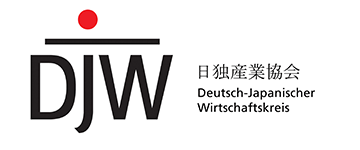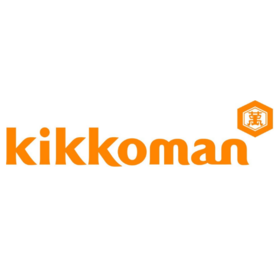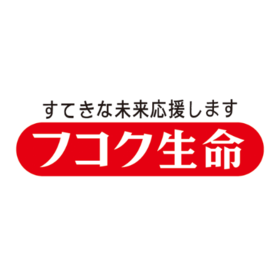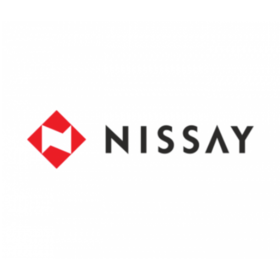Hannah Eirene Janz, Executive Consultant @ Radar Office Communications - intercultural marketing
"Thinking global" might not do the trick for marketing activities
„Thinking global“ might not do the trick for marketing activities: As research shows, it is more effective to adapt marketing strategies to the cultural specifics of the target market rather than to implement the domestic marketing mix to international markets. While Japanese and German customers have many characteristics in common - they are quality-conscious so their trust is hard to win, but both make loyal and generous customers - their expectations towards marketing are quite different.
Why is it important to fit your marketing to a different culture?
Studies prove the effectiveness of engaging with the culture of target markets. As Copus and Carnogursky show in their 2017 study of international automotive companies and their Facebook marketing, strategies were most successful if the brands provided a page for each nation or linguistic region and adapted their communiation on these pages respectively, using knowledge about the cultural codices of the market.
In part, this can be explained by the shift towards digital marketing. It provides direct, fast, community-building communication. Thus, the connection with the target group is based much more on emotions than is the case in traditional marketing. Since emotions are deeply rooted in a setting of cultural expectations, accommodating the latter defines the effectiveness of such campaigns.
But traditional marketing, too, should be adapted to the culture of the target market. The reason is simple: In Japanese, it is called bunka iwakan. The phrase describes a feeling of strangeness created through a difference in cultures. In marketing, both traditional and modern, this negative friction should be avoided as it can and will alienate customers.
Devil in the details: Marketing between Germany and Japan
When developing and designing marketing products such as homepages or trade fair materials for Japanese companies in Germany and vice versa, intercultural challenges literally appear between the lines. Since Japanese text traditionally has a higher information density due to kanji, its translation can easily become too long for German readers. Such texts should be condensed and localized in order to keep the attention of the target group.
The complexity of the Japanese language also translates into different viewing habits: Japanese designs tend to be dense, sometimes colourful. German customers often think of them as heavy, cluttered. On the other hand, many Japanese customers will find German design with its many white spaces to look rather cold, while Germans like the clean look.
The right design starts with the right font and, in the German case, ends with a Z: The letter embodies the order in which Germans view a page or picture. As German is written from left to right, Germans statistically will look at the upper left side of a picture or page first. Naturally, it is the other way around for Japanese. Adaptive marketing will know and meet these many small, but important cultural viewing habits and make their audiences feel at home.
As research shows: Marketing that feels natural to the target group will bring effective and sustainable results. Thus, adapting marketing strategies to the cultural specifics of the market is key to gaining awareness and trust - especially with demanding customers such as the Japanese and the Germans.

























